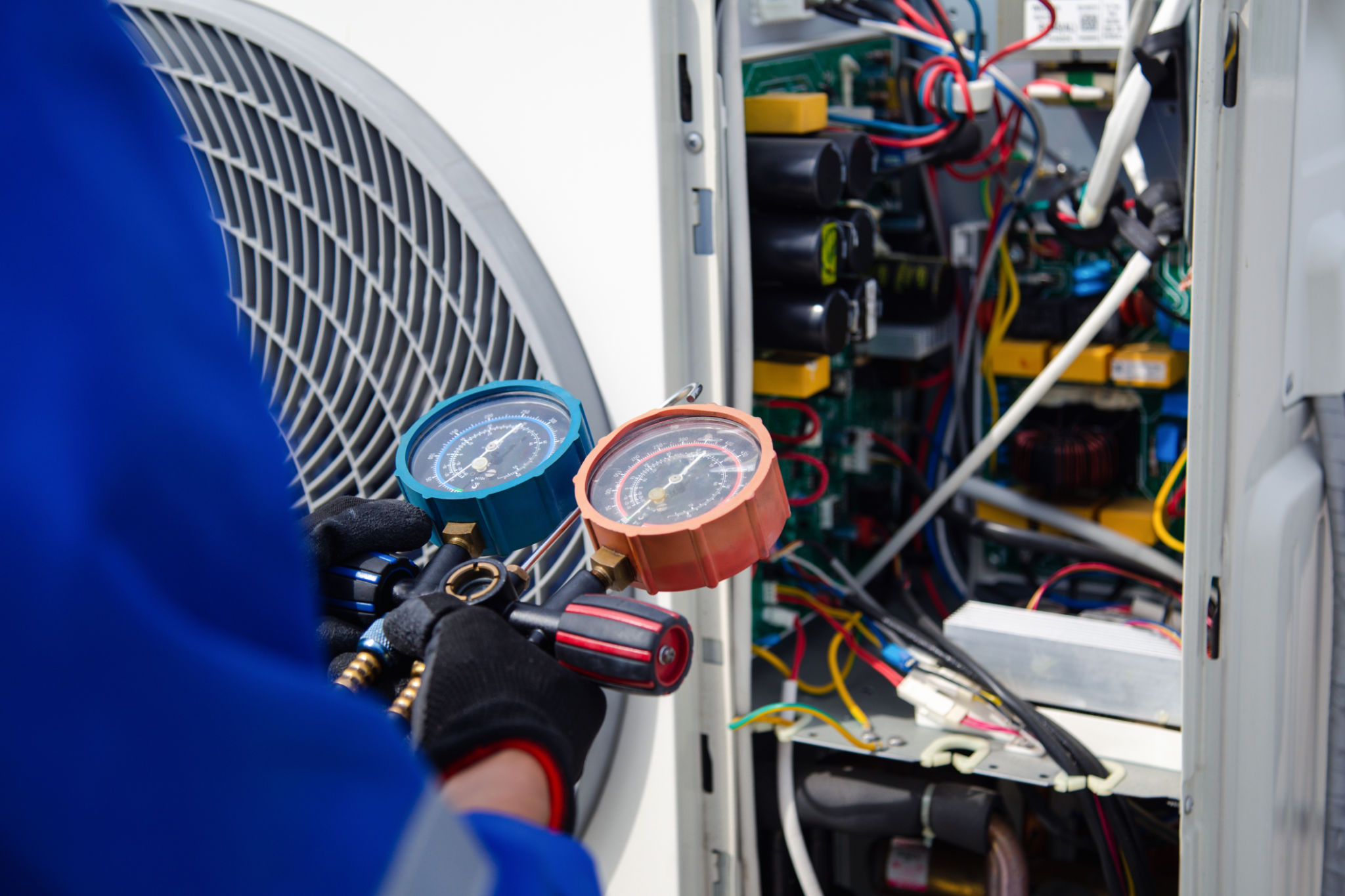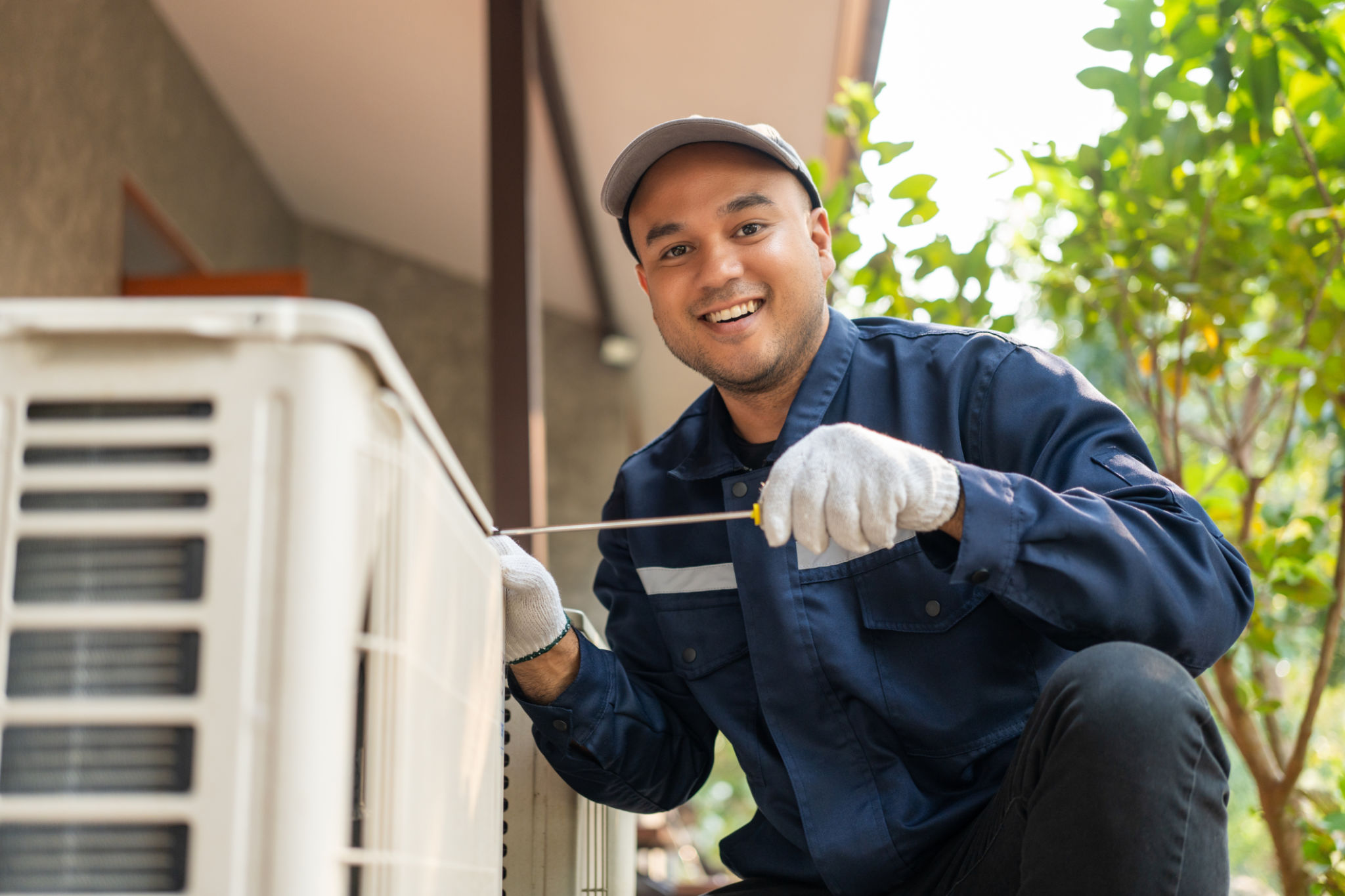How to Prepare Your HVAC System for the Changing Seasons in WA
Understanding the Importance of Seasonal HVAC Maintenance
As the seasons change in Washington, ensuring your HVAC system is ready to handle the temperature fluctuations is crucial. Proper maintenance not only enhances performance but also extends the lifespan of your system. By preparing your HVAC system in advance, you can avoid unexpected breakdowns and ensure your home remains comfortable year-round.

Spring and Summer Preparation
When warmer weather approaches, it's time to focus on cooling efficiency. Start by cleaning or replacing air filters. Dirty filters restrict airflow and force your system to work harder, increasing energy usage. Also, check the outdoor unit for debris such as leaves or twigs that may have accumulated during winter.
Next, inspect the coolant lines for any signs of wear or leaks. Low refrigerant levels can significantly reduce cooling efficiency. If you notice any issues, consider contacting a professional HVAC technician to assess and refill the refrigerant if necessary.
Fall and Winter Readiness
As temperatures drop, your focus should shift to heating. Begin by checking the furnace. Replace the air filter to ensure proper airflow and efficient operation. It's also essential to inspect the pilot light and gas connections for safety.

Don't forget to examine your home's insulation and seal any gaps around windows and doors. Proper insulation helps retain heat, reducing the workload on your HVAC system. Additionally, ensure that vents and registers are open and unobstructed to promote even heat distribution throughout your home.
Regular Maintenance Schedule
Establishing a regular maintenance schedule is key to keeping your HVAC system in top shape. Ideally, you should schedule professional tune-ups twice a year—once in the spring and once in the fall. During these visits, technicians will perform a thorough inspection, cleaning, and necessary adjustments to ensure optimal performance.
Regular maintenance not only prevents costly repairs but also improves energy efficiency, leading to lower utility bills. Investing in a maintenance plan is a smart choice for homeowners who want peace of mind and consistent comfort.

DIY Tips for Homeowners
While professional maintenance is crucial, there are several tasks homeowners can perform themselves. Regularly dusting vents and registers helps maintain airflow. Additionally, keeping the outdoor unit clear of debris ensures proper operation.
For those with programmable thermostats, adjusting settings according to seasonal changes can optimize energy usage. During summer, set the thermostat higher when you're away from home. In winter, lower it during the night to conserve energy while staying warm under blankets.
Conclusion
Preparing your HVAC system for changing seasons in Washington involves a combination of professional maintenance and homeowner diligence. By following these guidelines, you can ensure your system runs efficiently and reliably all year long. Taking proactive steps today will save you time, money, and stress in the future.